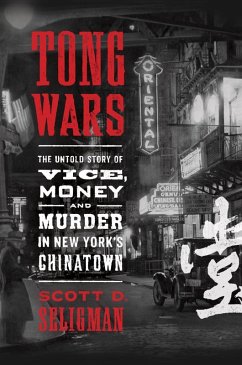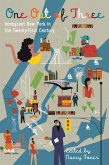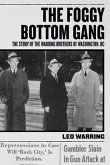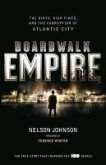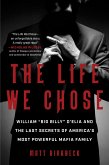A mesmerizing true story of money, murder, gambling, prostitution, and opium in a "wild ramble around Chinatown in its darkest days." (The New Yorker) Nothing had worked. Not threats or negotiations, not shutting down the betting parlors or opium dens, not house-to-house searches or throwing Chinese offenders into prison. Not even executing them. The New York DA was running out of ideas and more people were dying every day as the weapons of choice evolved from hatchets and meat cleavers to pistols, automatic weapons, and even bombs. Welcome to New York City's Chinatown in 1925. The Chinese in turn-of-the-last-century New York were mostly immigrant peasants and shopkeepers who worked as laundrymen, cigar makers, and domestics. They gravitated to lower Manhattan and lived as Chinese an existence as possible, their few diversions-gambling, opium, and prostitution-available but, sadly, illegal. It didn't take long before one resourceful merchant saw a golden opportunity to feather his nest by positioning himself squarely between the vice dens and the police charged with shutting them down. Tong Wars is historical true crime set against the perfect landscape: Tammany-era New York City. Representatives of rival tongs (secret societies) corner the various markets of sin using admirably creative strategies. The city government was already corrupt from top to bottom, so once one tong began taxing the gambling dens and paying off the authorities, a rival, jealously eyeing its lucrative franchise, co-opted a local reformist group to help eliminate it. Pretty soon Chinese were slaughtering one another in the streets, inaugurating a succession of wars that raged for the next thirty years. Scott D. Seligman's account roars through three decades of turmoil, with characters ranging from gangsters and drug lords to reformers and do-gooders to judges, prosecutors, cops, and pols of every stripe and color. A true story set in Prohibition-era Manhattan a generation after Gangs of New York, but fought on the very same turf.
Dieser Download kann aus rechtlichen Gründen nur mit Rechnungsadresse in A, B, BG, CY, CZ, D, DK, EW, E, FIN, F, GR, HR, H, IRL, I, LT, L, LR, M, NL, PL, P, R, S, SLO, SK ausgeliefert werden.

